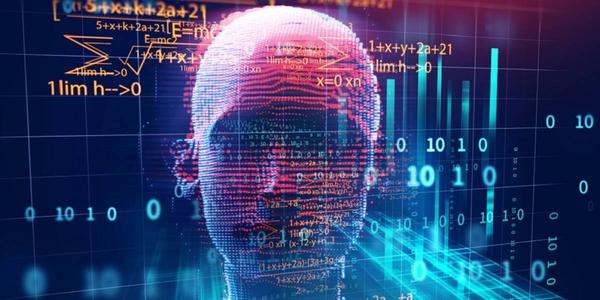Is Artificial Intelligence really “smart”?
Intelligence is an abstract concept that has had multiple interpretations over the centuries and that has fascinated all kinds of thinkers and researchers due to the value that is given to it within society. Some associate it with the ability to reason, process information and recognize rules, others with the ability to adapt to changing contexts and solve problems creatively. However, one of the most popular ideas currently was proposed by psychologist Howard Gardner when he wrote his book "Frames of Mind: The Theory of Multiple Intelligences" in 1983 and argued that intelligence was not one but many ways of reasoning, and that these they ranged from logical-mathematical intelligence to linguistic, musical, and emotional intelligence, among others.
The above has to do, of course, with the measurement of these factors in humans and their cultures. However, today another type of intelligence tries to compete and at the same time complement the previous ones: the artificial one; that set of algorithms that, based on 'machine learning' and 'deep learning' systems, are capable of interpreting statistical data and, therefore, can recognize and predict certain patterns (such as what types of movies you might like on Netflix, taking into account count your activity). However, some researchers from technological institutes such as MIT point out that artificial intelligence is still unable to communicate with humans and machines in the same way that humans interact with others.
It may interest you: The four points of the ethical framework published by Unesco for the use of Artificial Intelligence
According to Gary Marcus, a psychologist at New York University, referring to the development of robots of company, these work by copying the data of real conversations that have been transcribed so that these machines recognize them and "know" how to respond. And although, despite the fact that basic talk can be emulated in this way, computer algorithms still cannot make generalizations or extrapolate concepts, nor can they generate abstractions with little data (as a child would do), so limiting AI to the generation of patterns based on statistics and classifications, while still a revolutionary technological advance, still falls short of human intelligence or intelligences.
If intelligence recognizes contexts and adapts to them, Artificial Intelligence is still not that smart

Another of the crucial points regarding the development of AI is that too many hands and natural resources are needed for the production of systems and devices of this type. So many, that in the book 'The AI Atlas', the researcher and founder of IA Now Kate Crawford takes a tour of the supply chain in the development of some Amazon AI devices.
When visiting some mining communities in the United States that constantly extract materials for the creation of this equipment, Crawford makes a relationship between the precariousness of the working conditions that are needed to sustain a technological giant like the one mentioned and its environmental implications along a chain that ends with the death of those devices and their disproportionate accumulation in regions like Pakistan and Ghana.
Therefore, an Artificial Intelligence system that, although it is capable of predicting behaviors and interpreting data efficiently, still depends on human hands and judgment in its creation, and that despite that cannot be developed under the understanding of their own relationship with iniquity, nature and human rights, is undoubtedly a sign of technological power, but not of intelligence.
Images: Tara Winstead on Pexels
